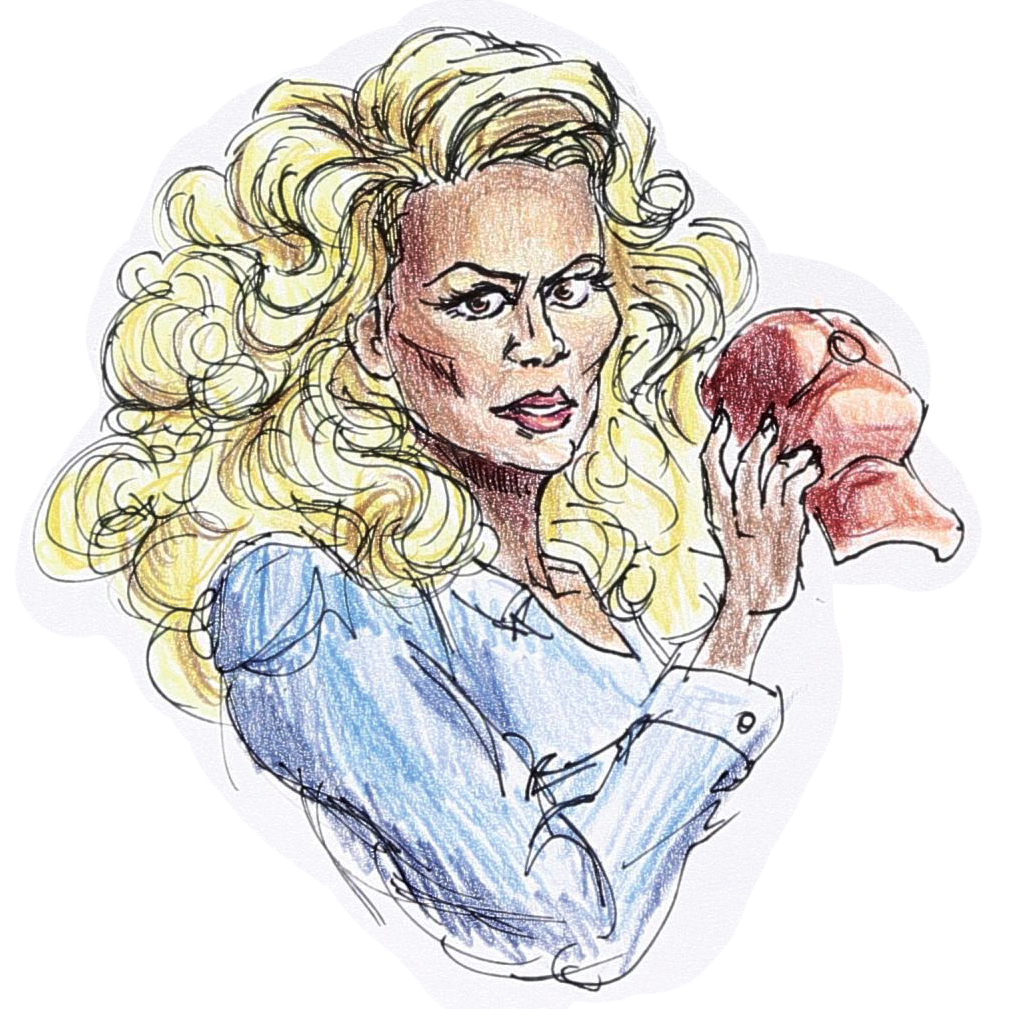
by Maddie Parise
Over the last 12 years, the information and communication technology department of CMU has created hundreds of Internet access points (APs), increased bandwidth and invested thousands of dollars into technology advancement.
“We keep pushing it, but you all are Internet monsters,” President Foster said regarding the Internet use of students. CMU has received many changes to its technological aspects since 2004. Higher demand for speed and access has contributed to the placement of more than 850 Internet APs across campus since 2004.
“You see how seriously we take [technology],” Foster said. “We’ve gone from literally zero to 880, and that’s one of the things we continue to monitor and invest in.”
CenturyLink currently pro- vides the Internet for CMU, but will be joined by the end of this month by a second provider, Charter Spectrum. In addition to the increase in APs, bandwidth has grown since 2004 from 10 megabits per second to one giga- byte per second.
Along with the additional provider, CMU will be upgrading wireless infrastructure from Cisco to Aruba. This upgrade cost $250,000 this past year alone.
However, these projects are not funded by student fees. IT is funded in part by residence life housing fees but also by a general technology fund.
“The other thing that [Aruba] does really nice is that it’s got a client match software,” Jeremy Brown, executive director of the IT department, said.
This software works to keep one’s Internet strong by transferring WiFi connection to different access points as the device moves. “I think that’s ultimately going to help the wireless speeds on campus,” Brown said.
IT has been so far impressed by the Aruba updates and plans to finish these updates within another two years.
“We have seen 100 percent increase in wireless performance on the Aruba AP’s over the Cisco ones,” Brown said, adding that Cisco was “no slouch,” but the Aruba system was a better campus solution.
as needed. The only official complaint the department’s help desk received this semester regarding speed was anonymously sent in and vague on the exact issue, circumstances and location of the situation.
“It’s twofold,” Brown said. “it’s the wireless speeds and making sure that we keep up with bandwidth as appropriate and feasible.”
The largest guzzlers of bandwidth on campus are entertainment based. Aside from Microsoft and Apple iOS updates, the top ten offenders of bandwidth consumption are apps and sites created for amusement, such as Netflix and Snapchat.
In fact, these sites are often the explanation for the slow Internet some experience. Many factors go into Internet speed aside from the network in use. The device being used, apps running and sites accessed could all be to blame for slow speeds.
“We’ve had a couple of instructors who have mentioned some speed issues,” Brown said. “We’ve identified that it’s the actual site that they’re going to that’s having a performance issue, it’s not actually the Internet bandwith that’s the problem.”
“Your concept of what fast is, is a little less patient [than mine],” Foster said of student’s Internet speed complaints.
Brown mentioned several times that the only way issues can be alleviated is if students are reporting them.
“Things happen, you can’t have that many people in that close of proximity and not have problems,” Brown said. “Give us the opportunity to make it right.” With 207 smart classrooms (technologically enhanced spaces), technology is a major focus on the CMU campus and the information and communications technology department intends to keep it updated and running smoothly.
“There’s no doubt in my mind that if you ask students if they want faster Internet they’re going to say absolutely,” Brown said, and his team actively works towards achieving that.








